
With the characteristics of a mountainous commune, a large border area, a scattered population, and a high proportion of ethnic minorities, after operating under the 2-level local government model, the Hoanh Mo Commune Party Committee quickly completed the organization, assigned Party Committee members to be in charge of 22 village Party cells and directly went to the grassroots to grasp the situation, promptly resolved difficulties right in residential areas. In the process of working directly with the villages, Hoanh Mo Commune focused on integrating propaganda of new policies of the Central and the province. Thereby, the locality promptly discovered outstanding factors in labor production, the new rural construction movement, in maintaining security and order, protecting borders and landmarks, and exemplary young people returning to live in the locality. This is an important source for the local Party Committee and mass organizations to train and introduce to the Party.
In addition, village youth unions also focus on reviewing outstanding union members, women's unions, and farmers' unions to introduce the masses to actively participate in emulation movements to create a source for developing party members. In particular, union members and members who are participating in training courses on digital transformation, application of science and technology... are considered potential forces to nurture and strive to join the Party.
Deputy Secretary of the Hoanh Mo Commune Party Committee, Duong Ngoc Khoa, said: The Commune Party Committee determined that in order to do well in developing Party members, it is necessary to first strengthen its connection with the grassroots and grasp each source of elite masses. When the movement is strong, life is improved, and people trust the Party's leadership, creating sources and recruiting Party members will be more favorable and sustainable. Since the beginning of the year, Hoanh Mo Commune has recruited 19 new Party members, completing 100% of the year's target. This is a great effort of the Commune Party Committee in both quickly stabilizing the organizational apparatus and effectively implementing socio -economic development tasks and Party building work.
Currently, in remote communes and ethnic minority areas in the province, there are difficulties in creating sources for developing party members. In particular, due to the scattered population characteristics, gathering the masses and organizing party cell activities face many obstacles. In addition, the number of young people of the age to join the Party often fluctuates due to the trend of going to work far away in industrial parks and tourist areas.
In many localities, the youth present in the area mainly focus on developing the family economy, have few opportunities to participate in union activities, leading to difficulties in creating resources. On the other hand, the uneven educational level of the people, the fear of participating in political and social activities, along with the fact that a part of the people are not yet familiar with the new way of doing things, also affects the quality of the source of developing party members...

However, to overcome these limitations, many localities have proactively found flexible and suitable ways to do things. In particular, grassroots Party committees have increased the assignment of village-based cadres, regularly visited Party cells, participated in community meetings, and closely monitored the situation to discover positive factors in the community. Many communes have linked resource creation with socio-economic development, especially in typical production models such as medicinal plant cultivation, forest development, community tourism, and clean agricultural production. These models create an environment for the masses to practice and demonstrate a sense of responsibility, thereby helping Party cells identify vulnerable subjects.
Some localities maintain good coordination with organizations, especially the youth union, women's union, and farmers' union to review union members and outstanding members. At the same time, they focus on promoting the role of prestigious people in the community to propagate and mobilize individuals who are at the forefront of the movement. Integrating the fostering of Party sentiment through training courses on digital transformation, production techniques, forest protection, border security, etc. also creates a new approach, helping the process of resource creation to take place naturally, sustainably, and more closely linked to reality.
Thanks to proactive and flexible approaches, many remote communes and ethnic minority areas in the province have maintained the quality of Party member development resources, ensuring both quantity and quality criteria, making an important contribution to building increasingly strong grassroots Party organizations.
In the coming time, to continue improving the effectiveness of party member development in remote communes and ethnic minority areas, Quang Ninh plans to expand resources through local economic development movements, especially specific models such as forestry, border gate economy, border services and community tourism. In addition, it will promote the improvement of the quality of party cell activities, enhance professional training for party cell secretaries and village chiefs, and promote inspection and supervision work to maintain discipline and order in the Party...
Source: https://baoquangninh.vn/chu-trong-phat-trien-dang-vien-o-cac-xa-vung-xa-vung-dong-bao-dtts-3386165.html


![[Photo] Prime Minister Pham Minh Chinh chairs the 15th meeting of the Central Emulation and Reward Council](/_next/image?url=https%3A%2F%2Fvphoto.vietnam.vn%2Fthumb%2F1200x675%2Fvietnam%2Fresource%2FIMAGE%2F2025%2F11%2F27%2F1764245150205_dsc-1922-jpg.webp&w=3840&q=75)

![[Photo] President Luong Cuong attends the 50th Anniversary of Laos National Day](/_next/image?url=https%3A%2F%2Fvphoto.vietnam.vn%2Fthumb%2F1200x675%2Fvietnam%2Fresource%2FIMAGE%2F2025%2F11%2F27%2F1764225638930_ndo_br_1-jpg.webp&w=3840&q=75)



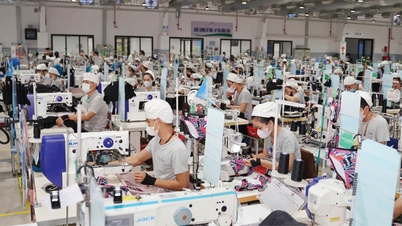

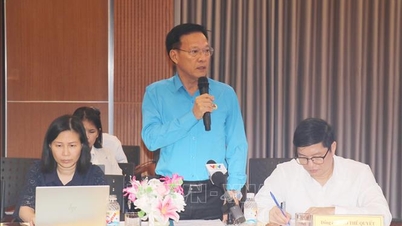

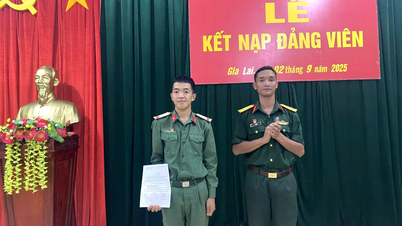

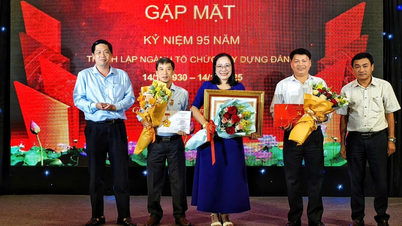

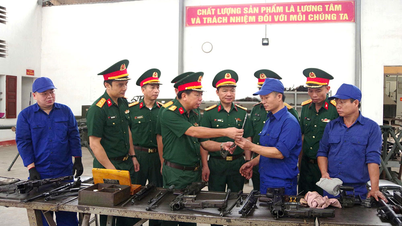



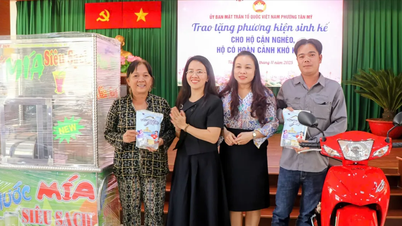

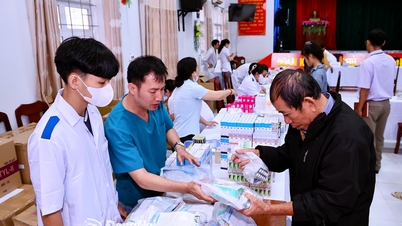

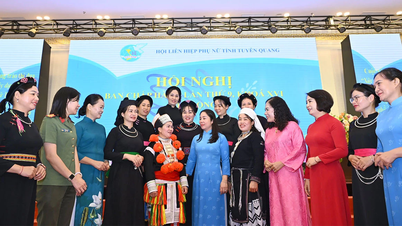

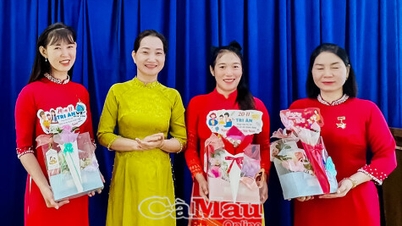

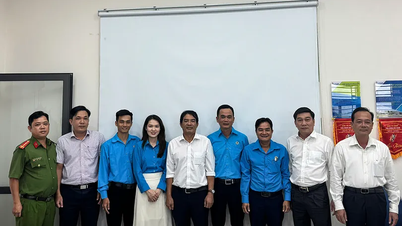





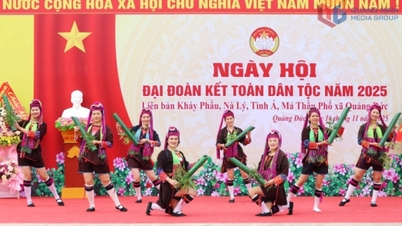


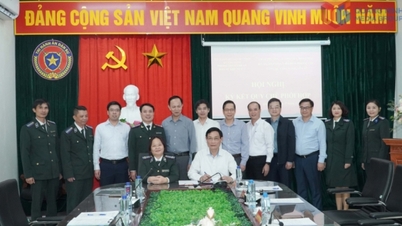




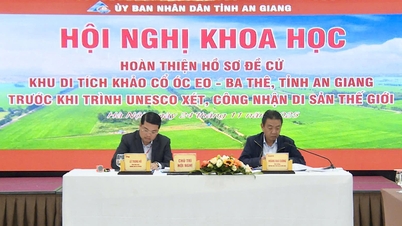



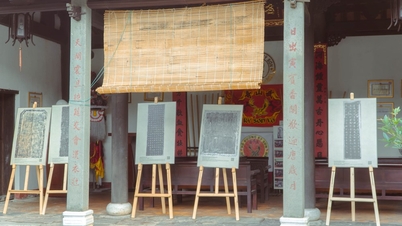
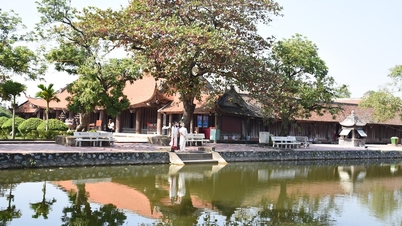




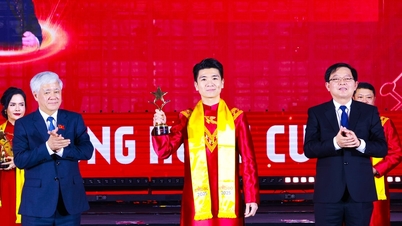
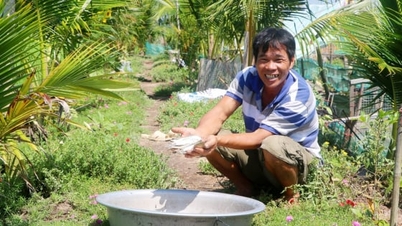

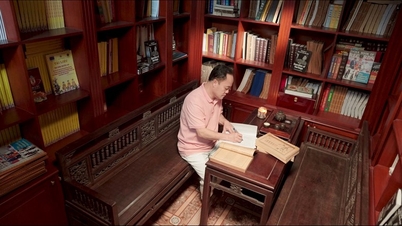
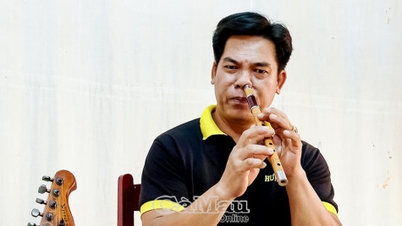
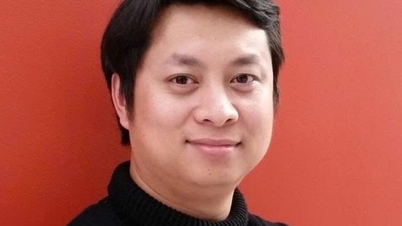

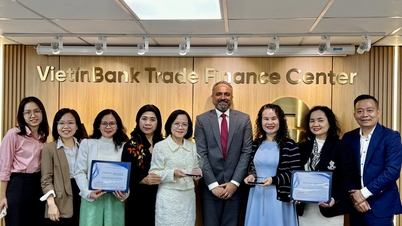


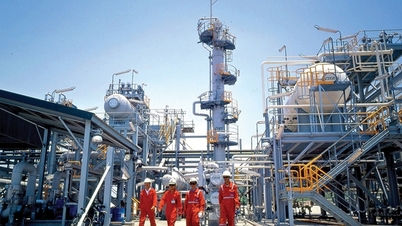



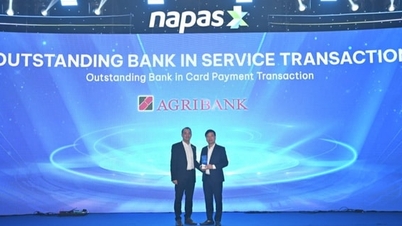









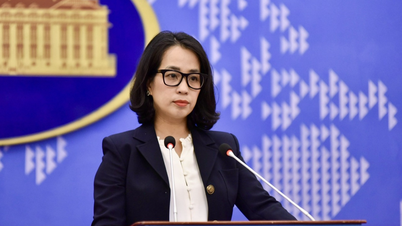


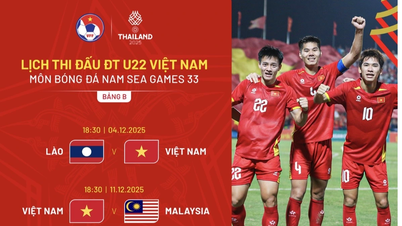
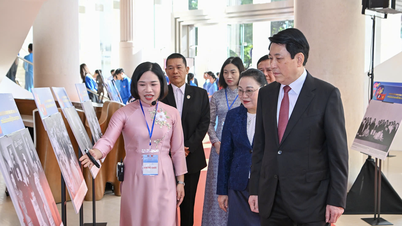
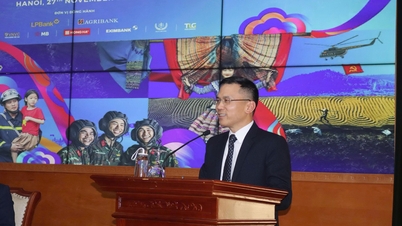
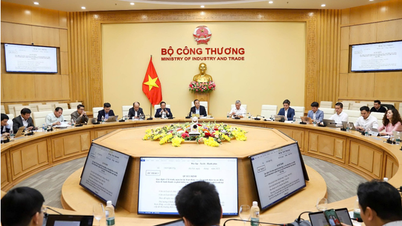

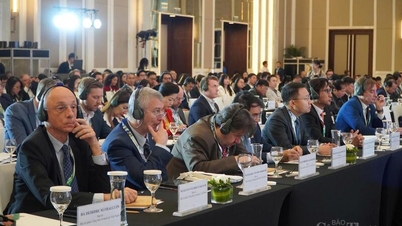
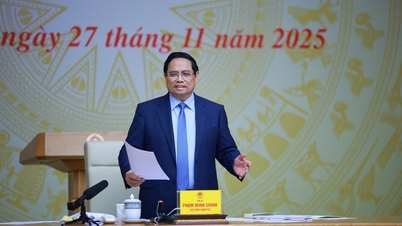
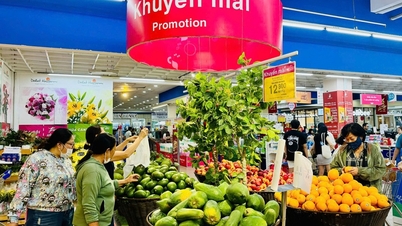

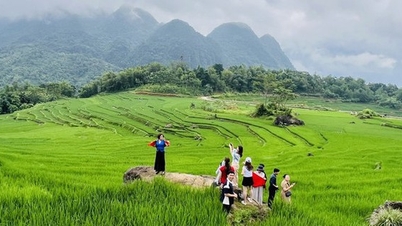



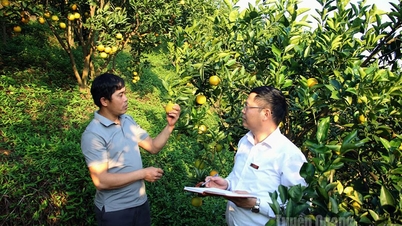
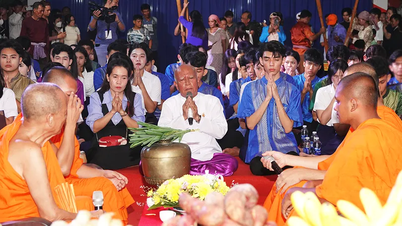












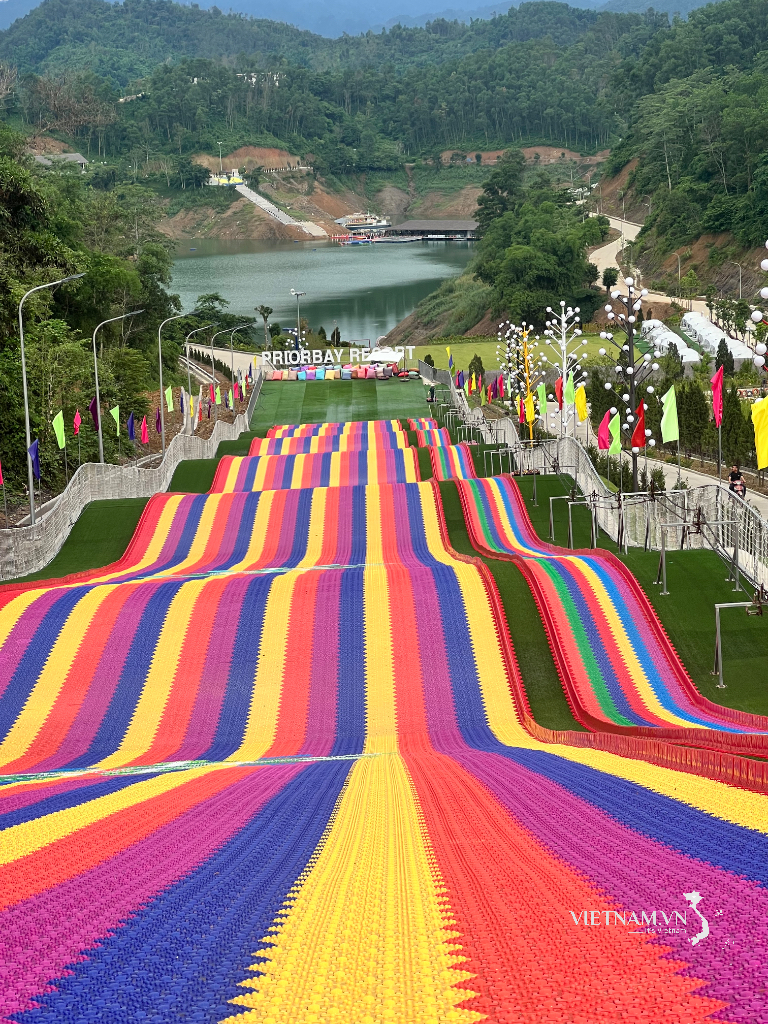
Comment (0)